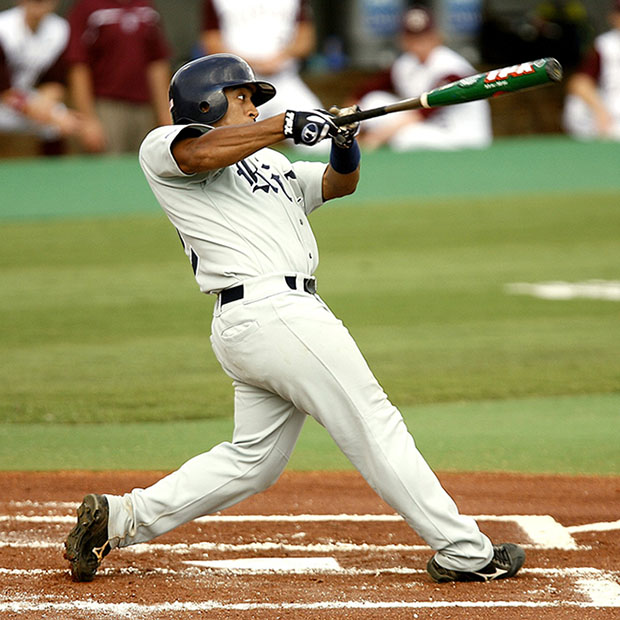The Visual Skills Athletes Need

The first traits we tend to associate with athletes are speed and strength, but vision should be a close third.
Good visual skills are as essential to an athlete’s success as having strong muscles. An athlete needs to be able to process and react to visual information in a split second. What’s pretty cool is that some visual skills can be trained and improved with practice.
Visual Skills Athletes Need in Sports
These are the most essential visual skills that help an athlete perform at the top of their game:
- Color vision: it might seem fairly basic, but it definitely helps when playing team sports if you can see the different jersey colors of your opponents!
- Depth perception: the ability to determine the relative distances of objects and players on the field.
- Dynamic visual acuity: the ability to see fast-moving objects clearly is essential in sports.
- Eye tracking: seeing fast-moving objects wouldn’t help much if you couldn’t also follow them with your eyes instead of having to jeopardize balance by turning your head or body.
- Eye-hand-body coordination: you need to be able to adjust the position of your body, hands, and feet based on what you see to play well.
- Peripheral vision: the ability to react to what’s happening at the edges of your vision, not just straight ahead, makes a huge difference.
- Visual concentration: if you’re easily distracted by sights that don’t matter to what you’re doing in the game, it’ll make it harder to play!
- Visual reaction time: the faster an athlete can process and react to visual information, the faster they can move into position.
- Visualization: beyond being able to see the game around them, athletes need to be able to picture scenarios that might happen next so they can ready themselves for obstacles or opportunities.
- Visual memory: there’s a lot of visual information an athlete needs to keep in their head while they play, such as where they last saw the other players.
It Doesn’t Take a Gym to Train Your Visual Skills
All it takes to start training visual skills like depth perception is to hold a pen at arm’s length and repeatedly put the cap on it, or hold a small pebble at arm’s length and try to drop it through a drinking straw. To train your peripheral awareness, you can turn your head to the side while watching TV or using a computer.
Want to improve your eyes’ flexibility? Try switching rapidly between focusing on something close and something far away. For dynamic visual acuity, cut out different-sized letters from a magazine and tape them to a turntable. Then practice identifying the letters when the turntable spins at different speeds.
We Can Help You Keep Your Eye on the Ball!
We don’t always think about the importance of keeping our eyes sharp and healthy when it comes to staying in shape for sports. To learn more about how to improve your visual skills or if you’re experiencing changes to your eyesight or any negative symptoms, get in touch with us or schedule an appointment.